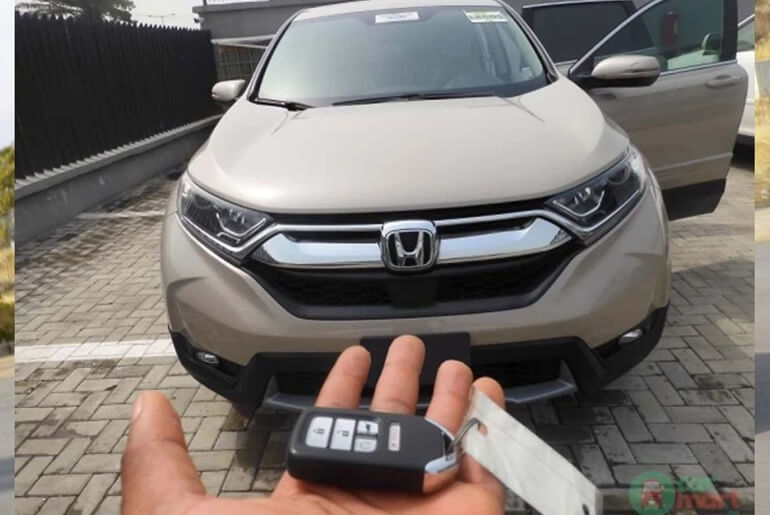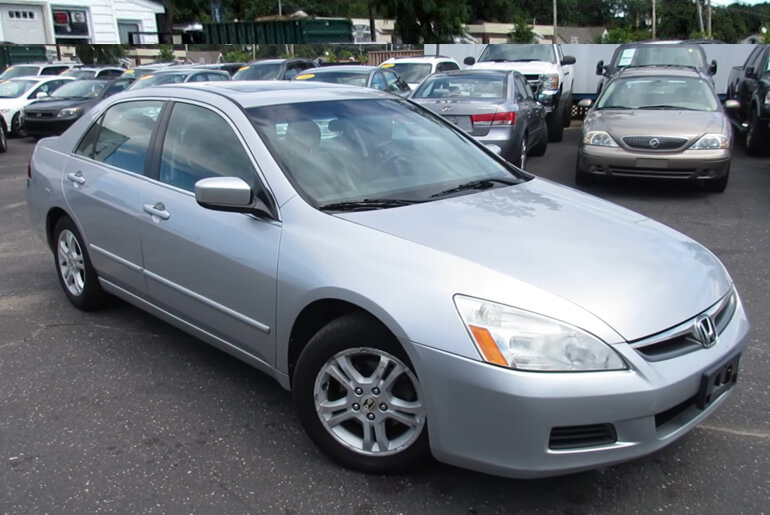When buying a car, you would want to get to know the issues that can be a potential cause for alarm, but most car buyers aren’t necessarily bothered by this. All they seem to care about is the price of the car and how long it can last them; they don’t usually get into the nitty-gritty detail of what can lead their cars to stay in the mechanic shop for a period of time.
Table of Contents
This usually causes more damage if the car is used, and how there have been some recalls, which they have no idea about, we have written guides that help with the maintenance of car use, which would be of great help to most car enthusiasts, and for those who want to get in-depth knowledge about a particular car topic, Carmart.ng has got you covered.
The Honda CR-V should be on the list of car buyers this year, which is why we have written this blog to inform them about the particular reasons why the check engine light suddenly comes on.
We can’t emphasise enough that Honda cars are the best in terms of adaptability, smooth ride, fuel efficiency, and reliability. In fact, apart from always being compared with Toyota cars, they can go neck and neck with the industry’s finest and most luxurious such as the Mercedes-Benz, BMW, and Range Rovers, but one thing about Honda cars in Nigeria is that their SUVs aren’t given as much recognition as their sedan cars such as the Honda Accord and Honda Civic.
When car buyers try to break away from the norm and really look at the specs of the Honda CR-V, for instance, they would know what they have been missing in their garages But we aren’t here to talk about how good these cars are; in fact, we are here to touch on what causes the Honda CR-V engine light to come on suddenly. Although we have written a general blog in the past that shows the reasons why your check engine light is on, now we are focusing on the Honda CR-V. Continue reading to find out more.
What causes the Honda CR-V’s engine light to come on?
Like every other functionality of a car, the check engine light serves as a precaution. The dashboard check engine light on the Honda CR-V serves as a warning signal. Systems and sensors keep an eye on numerous components of the little vehicle, which serve as the brain box that centres the car’s usage. And the check engine light turns on when a problem is found. The Honda CR-four V’s typical check engine light causes are as follows: There was usually a problem with the emissions system, which can be said to be quite common in Honda cats, and there was usually no cause for alarm.
A faulty sensor, which was usually a problem with air flow or oxygen, a catalytic converter problem, and a damaged or unsecured gas cap These problems don’t impact many CR-V models, and they don’t always mean the vehicle is unreliable. Yet, in a compact SUV, these are the most typical causes of a check engine light. Let’s get into more detail about these issues to get a better understanding of them.
The most frequent cause of a check engine light in a Honda CR-V is an emissions system issue
The emissions system is typically the cause of a Honda CR-V check engine light. Engine failure, problematic shifting, sluggish acceleration, and jerking are symptoms of this issue, and if it isn’t curtailed on time, it can cause more damage. There is a significant likelihood that the check engine light is being caused by the emissions system if the small SUV exhibits any of these symptoms.
- Faulty oxygen or mass air flow sensors
A malfunctioning sensor is the second most common cause of the check engine light is on in a Honda CR-V. That can be the oxygen sensor or the mass air flow sensor. When exposed to air that is contaminated or particle-rich, the mass air flow sensor occasionally fails. The engine may misfire if the mass air flow sensor is broken. Moreover, it may lead to performance degradation, engine damage, and decreased fuel efficiency.
Prolonged exposure to hot exhaust gases frequently leads to an oxygen sensor that is not working properly. The oxygen sensor is significant because it gives the electronic control unit (ECU) crucial information about the air-fuel combination. Also, if it has a problem, the ECU can give the small vehicle too much or too little gasoline. Too much fuel can generate smoke and a bad smell, while not enough might ruin the engine.
- Catalytic converter problem
A catalytic converter problem is the third most typical reason for the Honda CR-V’s check engine light to come on. A catalytic converter’s job is to transform harmful emissions system contaminants into innocuous gases. Contamination, blockage, and overheating are catalytic converter issues. Damaged or dysfunctional catalytic converters can cause engine failure, poor performance, and increased air pollution.
- Damaged or unsecured gas gap
A damaged or loose gas cap is another frequent cause of the Honda CR-V check engine light. Worse gas mileage, the leakage of fuel vapours, and an increase in dangerous vehicle emissions are all negative results of a loose or damaged gas cap.
The Honda CR-V is a reliable car, but it needs to be well-maintained. Using this blog, you get to see the issues that cause the engine’s check engine light to come on.
Have 1 million naira and above to Buy or Sell Cars In Nigeria? Check carlots.ng
All rights reserved. Reproduction, publication, broadcasting, rewriting, or redistribution of this material and other digital content on carmart.ng is strictly prohibited without prior express written permission from Carmart Nigeria - Contact: [email protected]







